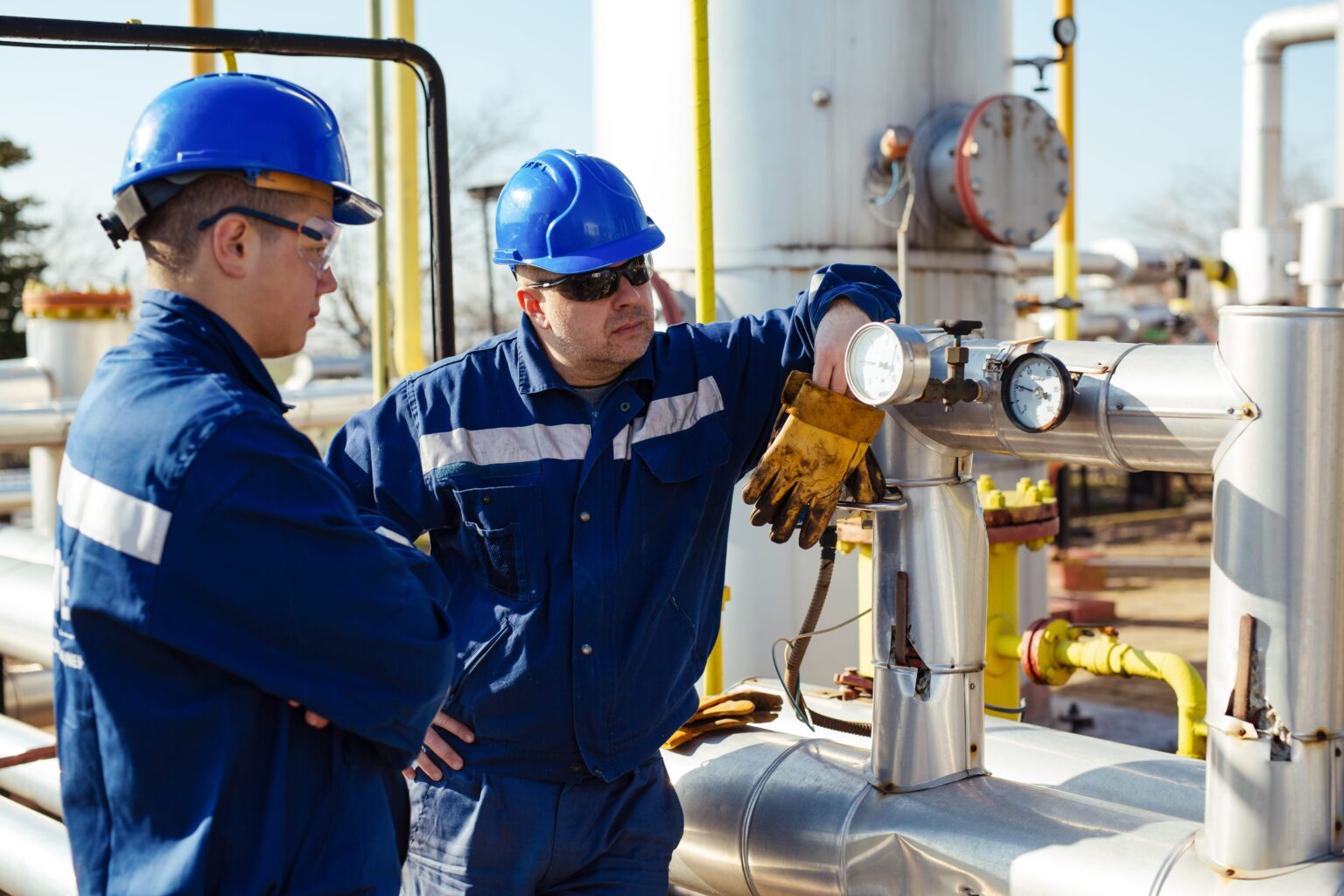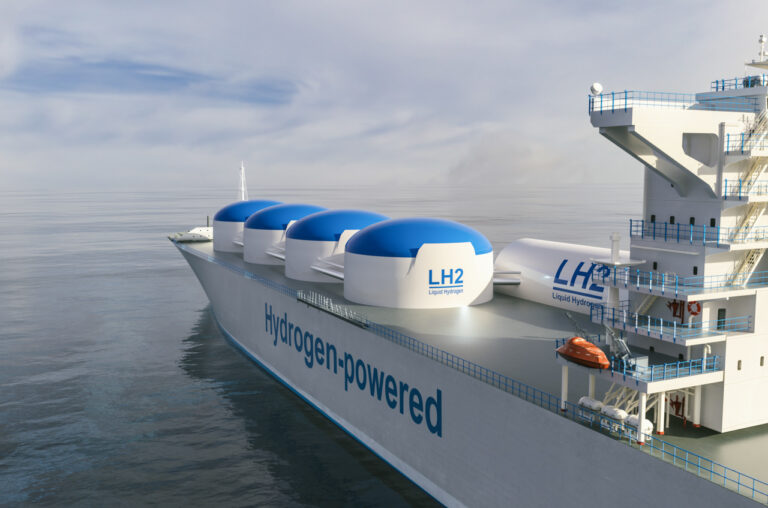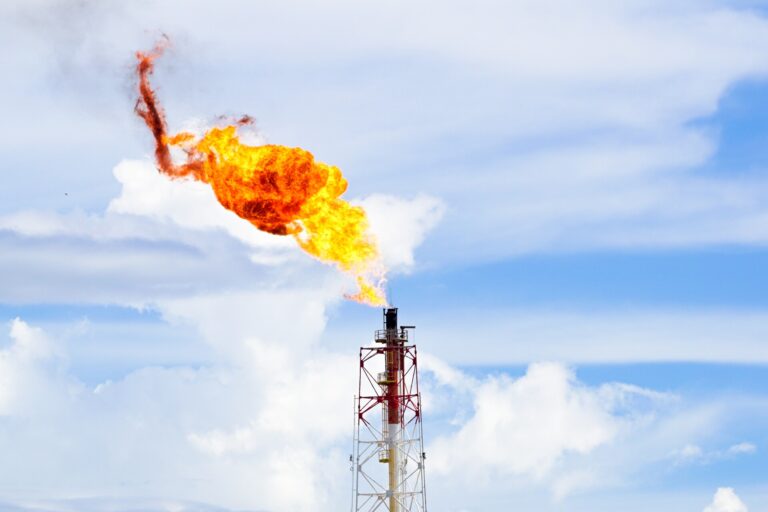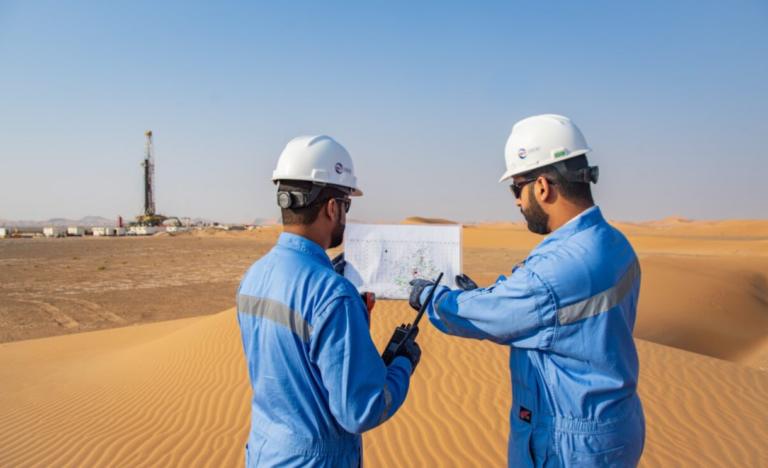In this resource, Wood Mackenzie has used its proprietary data as well as credible third-party sources to prepare a rigorous comparison of lifecycle emissions of US LNG and coal in power generation in the two key markets of NW Europe and China. Results indicate that despite typically higher methane losses than LNG from other regions, US LNG consistently demonstrates lower emissions intensities than coal, with average lifecycle emissions of approximately 48% and 63% of coal equivalents in NW Europe and China respectively.
Shining a light on the “coal versus LNG emissions” debate
?


OGCI and its member companies do not assume any responsibility for the accuracy or reliability of any information offered by third-party websites linked though this site. The views expressed in the external content do not necessarily reflect those of OGCI or its member companies. See our Terms of Use.
Region
Global
Published
2025
Resource Type
Expert analysis
Category
Methane fundamentals
More info
Sub-Category
Sources
Segment
N/A
Equipment
N/A
Related resources
This resource outlines the work and research conducted by EQT’s Production and Environmental teams to target low-cost opportunities for abating methane emissions from natural gas-driven
MiQ has developed and launched the Gas Buyers Methane Emissions Calculator, a tool designed to help natural gas buyers assess the potential methane emissions reductions
The article from the Harvard Environmental & Energy Law Program examines the risks associated with using the Congressional Review Act (CRA) to reinstate EPA methane
Recently visited resources
The IEA’s gas flaring page reviews global flaring trends, environmental impacts, and reduction strategies. It discusses flaring’s role in greenhouse gas emissions and offers links
Brochure created by GasNaturally discussing methane emissions in Europe. It highlights the environmental impact of methane, O&G sources, and emission reduction strategies. The document also
This book highlights the business case for reducing gas flaring and methane emissions (FMR), offering a framework for policymakers to evaluate FMR project feasibility and













